McDonald's launches long-awaited 'McDelivery' option
Customers in London, Nottingham and Leeds can now order Big Macs without getting off the sofa
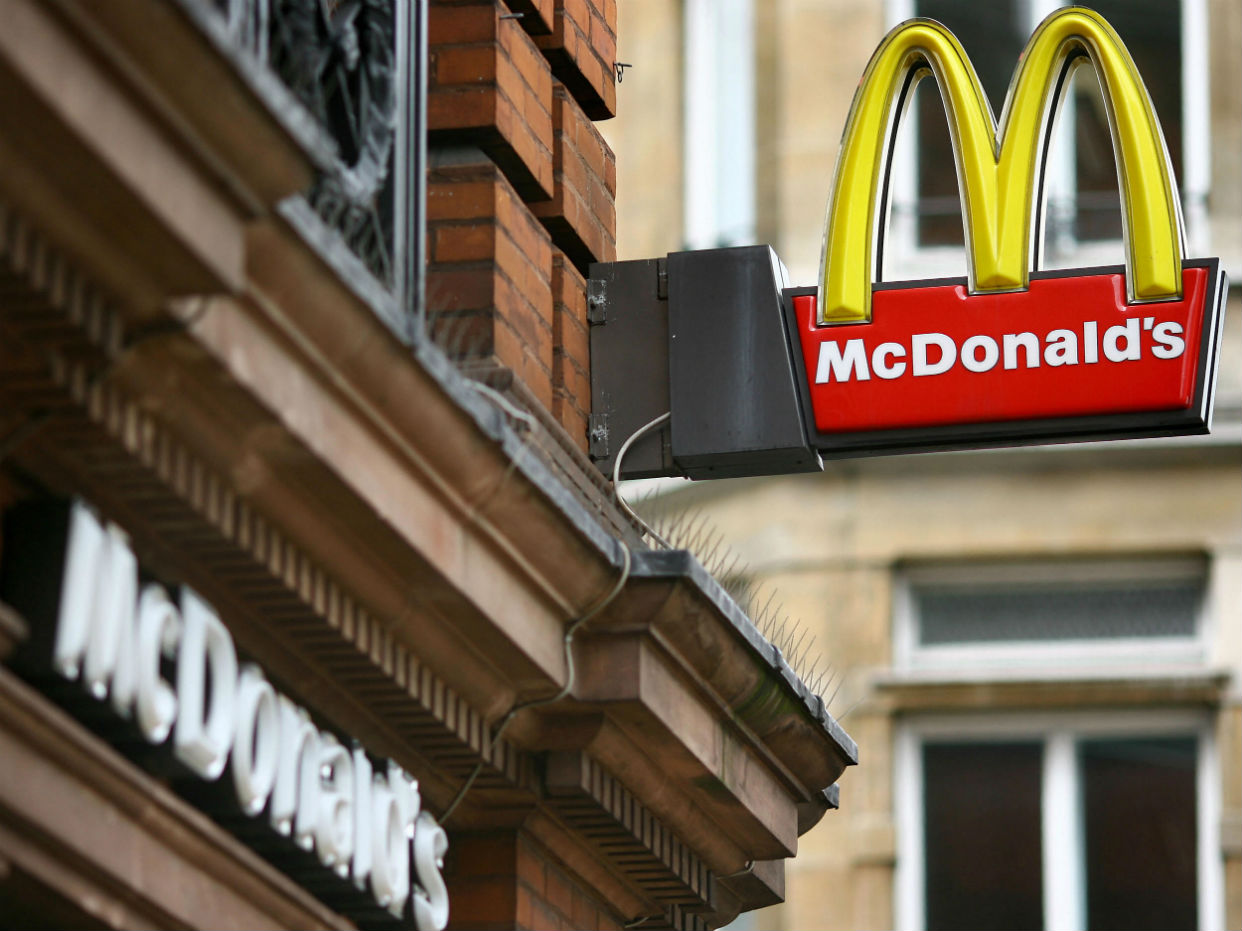
A free daily email with the biggest news stories of the day – and the best features from TheWeek.com
You are now subscribed
Your newsletter sign-up was successful
"We've all been there: you're hungover, you want a burger, but your weak and tender body can't bear to walk 10 minutes up the road to your nearest McDonald's," says the Huffington Post.
"Thankfully, this hellish scenario will soon be a thing of the past."
The fast food giant has finally rolled out its long-awaited trial to offer food delivery to UK customers, following similar tests in other countries.
The Week
Escape your echo chamber. Get the facts behind the news, plus analysis from multiple perspectives.

Sign up for The Week's Free Newsletters
From our morning news briefing to a weekly Good News Newsletter, get the best of The Week delivered directly to your inbox.
From our morning news briefing to a weekly Good News Newsletter, get the best of The Week delivered directly to your inbox.
Customers who live within 1.5 miles of 22 restaurants in London, seven in Nottingham and three in Leeds can now order food to be delivered direct to their door.
In the capital the "restaurants involved in the trial include Victoria, Camden, Brompton Road and King's Cross," says the Evening Standard.
In Nottingham four city-centre outlets plus three in Radcliffe Road, Radford Road and Nuthall Road are included, while in Leeds the service is available from the Cardigan Fields Road, Briggate and Merrion Street stores.
A full list of the participating restaurants is available on the McDonald's website.
A free daily email with the biggest news stories of the day – and the best features from TheWeek.com
To use the service you first need to download the UberEATs app, through which you place your order. An Uber delivery driver will bring your food and a £2.50 charge will be added to your bill.
"The idea of the trial, says McDonald's, is to see if it's viable to offer our larger scale delivery service in the country – allowing the restaurant teams to feed back what works and learn from what doesn't," reports the Standard.
The chain is not, however, the first to offer delivery. Similar services are already offered by rivals Burger King and KFC, among others.
Neither is offering their service across the whole of the UK, yet, and KFC's is currently only available in 30 branches in the Greater London area.
Nando's offers a more extensive delivery option through a partnership with Deliveroo, which covers London, Manchester, Birmingham, Edinburgh, Glasgow, Brighton and York.
McDonald's change will bring 'up to £800m' to UK
9 December 2016
McDonald's is to bring as much as $1bn (£800m) of international royalty revenue to the UK, says The Guardian.
The fast food giant has announced it will "scrap its controversial Luxembourg tax structure", a change it said "will result in the creation of a unified structure located in the UK with responsibility for the majority of royalties received ... outside the US".
That means all the revenues paid by its international businesses, nominally to pay for the use of the McDonald's brand and intellectual property, will flow into the UK.
The structure has been criticised in the past and is accused of being used to effectively offset profit – and so avoid tax – in most countries, instead reporting income in a location where it faces a much lower tax rate.
The EU is investigating McDonald's over claims Luxembourg's granting of tax exemptions on royalty income amounted to unfair "state aid".
The Financial Times says an effective tax rate of just 1.49 per cent was paid on $1.8bn (£1.4bn) of profit generated since 2009.
McDonald's has always denied wrongdoing and says it paid $2.5bn (£2bn) of tax in Europe between 2011-2015, at an effective rate of 27 per cent. It adds that most restaurants are run by franchisees, who pay taxes locally.
Despite this, McDonald's has shaken up its structure to counter the criticism – in common with moves by the likes of Facebook.
Its choice of the UK has been taken by the Daily Telegraph as a "post-Brexit vote of confidence" in the UK economy.
A spokesman told the paper: "The reasons for changing the location of the corporate structure to the UK were sound before Brexit and remain so beyond it."
However, the decision probably rests more on the benefits of the relatively low UK corporation tax rate of 20 per cent - falling to 17 per cent by 2020. In France and Germany, companies pay rates of 30 to 33 per cent.
McDonald's could face $500m EU back-tax bill
20 September
Fast food giant McDonald's is facing a $500m (£383m) bill in Luxembourg as the European Commission rules on a so-called "sweetheart" tax deal.
It is alleged that the company, which has been under investigation since last year, has avoided taxes in Europe by rerouting its profits through a member state that has granted it bespoke tax exemptions.
In this case, the Financial Times says, Luxembourg granted two rulings. Initially it gave McDonald's an exemption from taxation on royalty revenues so long as it could prove it declared the profit and paid tax in the US.
Later, after an appeal by the company, it offered the exemption without any proof being required of tax being paid whatsoever.
The FT's analysis of the case suggests McDonald's paid an effective rate of just 1.49 per cent on $1.8bn (£1.1bn) of profit booked in Luxembourg. If the EC demanded the main 29 per cent corporation tax rate is applied, it would equate to a back-tax bill of $500m.
Both McDonald's and Luxembourg deny any wrongdoing.
This latest case, along with another targeting e-commerce giant Amazon, is the latest in a crackdown by European officials on bespoke tax deals, which are used by member states to attract foreign companies while denying rival states vital revenues.
Most controversially, the EC recently handed down a $13bn (£11bn) ruling against Apple in Ireland, prompting a fierce response in the US. The ruling may yet be the subject of a lengthy appeal.
Previously, the commission has ruled against Starbucks and Fiat in the Netherlands and Luxembourg and against a number of companies, including Budweiser brewer AB InBev, in Belgium. There is also concerted action by tax officials across the continent targeting the US internet giant Google.
Companies typically avoid taxes by routing their profits through a single country where they enjoy more favourable treatment. This is most often done through "royalty" payments, where an arm of the company in one country pays another arm in the most tax-efficient country, which would be established as the regional headquarters, for using the brand. This reduces pre-tax profit in one place and shifts it to another.
Other examples, such as that practiced by Google, involve classifying the operations in most countries as "marketing" and operating only one official "sales" hub, where all commercial revenues are booked and where the lowest taxes apply.
McDonald's raided by French police over alleged tax dodging
27 May
French authorities looking for evidence of big multinational companies avoiding their fair share of tax raided the Paris office of McDonald's last week, according to media reports.
Agents of a "special corruption, financial and tax crime unit" searched the firm's premises west of Paris on 18 May and seized documents, reports the Daily Mail.
This was just days before Sunday's raid on US internet giant Google's French headquarters, amid a probe into £1.3bn of alleged "tax fraud and money-laundering".
Corporate tax avoidance has become a major issue in recent years, with the result that the European Commission has handed down "state aid" rulings against low-tax deals arranged by the likes of Starbucks in the Netherlands and Fiat in Luxembourg. Apple is also being investigated over its arrangements in Ireland.
This is not the first time McDonald's has found itself under EC scrutiny. The US fast-food chain was reported to be subject to a state aid inquiry as recently as last December over claims it had dodged as much as (£760m) in tax in Europe.
But although last week's raid is linked to the same routing of revenues through a subsidiary in low-tax Luxembourg, it is also separate. A ruling by the European Commission would result in Luxembourg being asked to collect back-taxes, while the police investigation in France is aimed at forcing McDonald's to pay hefty sums for tax avoidance there.
Police acted on specific complaints raised by French labour unions, who take issue with the McD Europe Franchising Sarl subsidiary based in Luxembourg, which collects franchising revenue from restaurant owners across Europe. This means franchising fees from France, the UK and elsewhere are booked as revenue in Luxembourg, where McDonald's apparently benefits from a preferential tax rate.
In 2009, McDonalds also moved from the UK to Geneva.
The company has consistently denied any wrongdoing. After reports of the raid surfaced, a spokesman said they were "cooperating fully with authorities on this matter".
Sky News reports that in December, when the allegations of tax avoidance first emerged, a spokesman had said: "From 2010-2014, the McDonald's companies paid more than $2.1bn (€1.9bn, £1.4bn) just in corporate taxes in the European Union, with an average tax rate of almost 27 per cent.
"Additionally, we pay social, real estate and other taxes. Our independent franchisees, who own and operate approximately 75 per cent of our restaurants in Europe, also pay corporate tax and many other taxes."
McDonald's to roll out table service to 400 UK restaurants
26 January
McDonald's is seeking to maintain high UK sales-growth rates and keep ahead of competition from higher-end rivals by rolling out table service across 400 restaurants.
The company had been trialling the service in 14 restaurants, says The Guardian. It adds the initiative is "designed to modernise McDonald’s restaurants and attract more families" as it seeks to head off competition from the likes of Five Guys and Gourmet Burger Kitchen, as well as an increasing array of rivals offering fast food with an international flavour.
Another part of the revamp will see double the number of stores offering a new "signature collection" of premium burgers, going from 30 to 60. The range was "developed in conjunction with chefs from Michelin-starred restaurants", notes The Guardian, and includes the thickest patty ever sold by the company. They come in a brioche bun and are priced at £4.69.
McDonald's have enjoyed consistent sales growth in the UK over the past ten years and over Christmas, sales rose again by a "mid-single-digit number". This makes it one of the few regions in the world that is not seeing sales fall .
In the US, where last year the number of McDonald's restaurants declined on a net basis for the first time in 45 years, sales have recovered in the past two quarters. Over the past three months, like-for-like sales in stores open more than one year rose 5.7 per cent, while global profits rose to $1.2bn (£837m).
Chief executive Steve Easterbrook told the BBC the improved numbers were the result of "bold, urgent action in 2015 to reset the business and position McDonald's to deliver sustained profitable growth". Among other things, this included the introduction of all-day sales of popular breakfast items in the autumn.
McDonald's subject of EC competition complaint
13 January
McDonald's faces another European regulatory headache after it was the subject of a competition complaint in Brussels.
Three Italian consumer groups backed by a coalition of trade unions from across the continent, including the UK's Bakers Food and Allied Workers Union, allege that the fast-food giant abuses its dominant market position. They claims franchisees are forced to agree to unfair and draconian contract terms, which also hit consumers by driving up prices.
Specifically, says the Independent, the complaint states that "McDonald's is the only fast-food company that requires franchisees to lease property owned by the franchisor" and moreover, that it charges "excessive rents". It adds "66 per cent of the restaurant chain’s revenue from franchisees in Europe comes from collecting rent".
The groups are also angry at provisions within franchise agreements that preclude restaurant owners from switching to other brands "by including measures such as non-compete clauses", notes the Daily Telegraph. They reckon McDonald's could be fined as much as 10 per cent of its global earnings, which, based on 2014 numbers, would equate to $9bn (£6bn).
McDonald's did not respond to the specific allegations but said it "has helped create the best business opportunities" for its franchisees and "the best overall experience" for customers.
"We are proud of our franchisees and are committed to working closely together so that they have the support they need to operate their restaurants and their businesses," said a spokesman.
The European Commission confirmed it had received the complaint and said it would look into the matter. The news comes after the commission revealed it was opening an investigation into an apparent "sweetheart" tax deal McDonald's enjoys in Luxembourg that might be so generous as to constitute illegal "state aid".
Will McDonald's face big bill for 'sweetheart' tax deal?
03 December
McDonald's is set to be the latest multinational to be investigated by the European Commission (EC) over its tax affairs, in a probe that could lead to a big bill for the fast food giant.
The EC is preparing to open a state aid investigation into its tax arrangements in Luxembourg, The Guardian reports. After a similar probe into a deal the country struck with car maker Fiat Chrysler, and another with coffee shop brand Starbucks in the Netherlands, lawmakers ruled the low tax rates agreed constituted unacceptable government support - and demanded repayments.
In this case McDonald's has been singled out, The Guardian says, after a report by a coalition of unions earlier this year noted "one group company based in Luxembourg, McD Europe Franchising Sarl, received €834m (£600m) in royalties for 2013 despite only employing 13 staff". In 2009 it shifted its UK headquarters from the UK to Geneva in Switzerland.
The Wall Street Journal adds that the report alleged McDonald's avoided "about €1bn ($1.06 billion) in taxes between 2009 and 2013 by funnelling royalties to Luxembourg [and] underpaid around €194m of taxes in Luxembourg over the same period".
A McDonald's spokesperson said in a statement it is "confident that, should an inquiry occur, it would be resolved favourably". It added that from 2010-2014 it paid more than £1.4bn in corporate taxes in the European Union, with an average tax rate of almost 27 per cent.
It also said it pays other social and real estate taxes and that around 75 per cent of its restaurants are owned by independent franchisees, who pay "corporate tax and many other taxes".
Controversy over "comfort letters" offered by governments to companies with complex arrangements to give them certainty on tax rates – often referred to derisorily as 'sweetheart deals' – has been growing.
In addition to the Fiat and Starbucks cases, which are being appealed, several other investigations are ongoing into: Apple in Ireland, Amazon in Luxembourg and companies including Anheuser-Busch InBev in Belgium.
-
 What is the endgame in the DHS shutdown?
What is the endgame in the DHS shutdown?Today’s Big Question Democrats want to rein in ICE’s immigration crackdown
-
 ‘Poor time management isn’t just an inconvenience’
‘Poor time management isn’t just an inconvenience’Instant Opinion Opinion, comment and editorials of the day
-
 Bad Bunny’s Super Bowl: A win for unity
Bad Bunny’s Super Bowl: A win for unityFeature The global superstar's halftime show was a celebration for everyone to enjoy
-
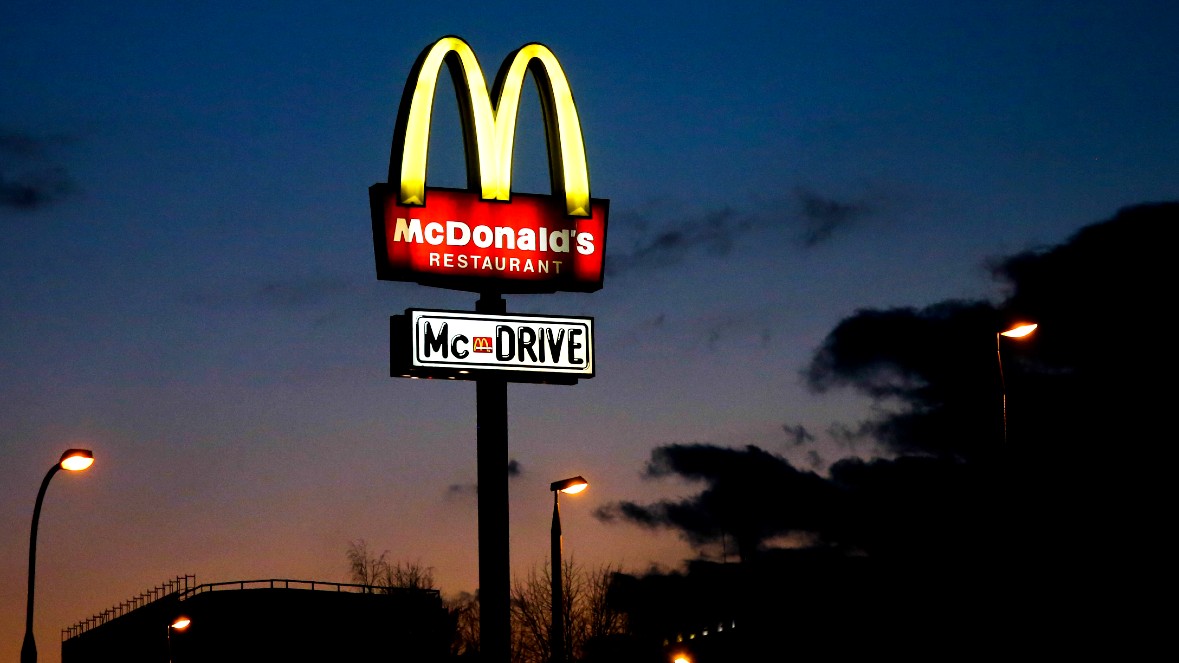 Not lovin' it: why everything is going wrong for McDonald's
Not lovin' it: why everything is going wrong for McDonald'sIn the Spotlight E.coli outbreak comes during challenging period for the once imperious chain
-
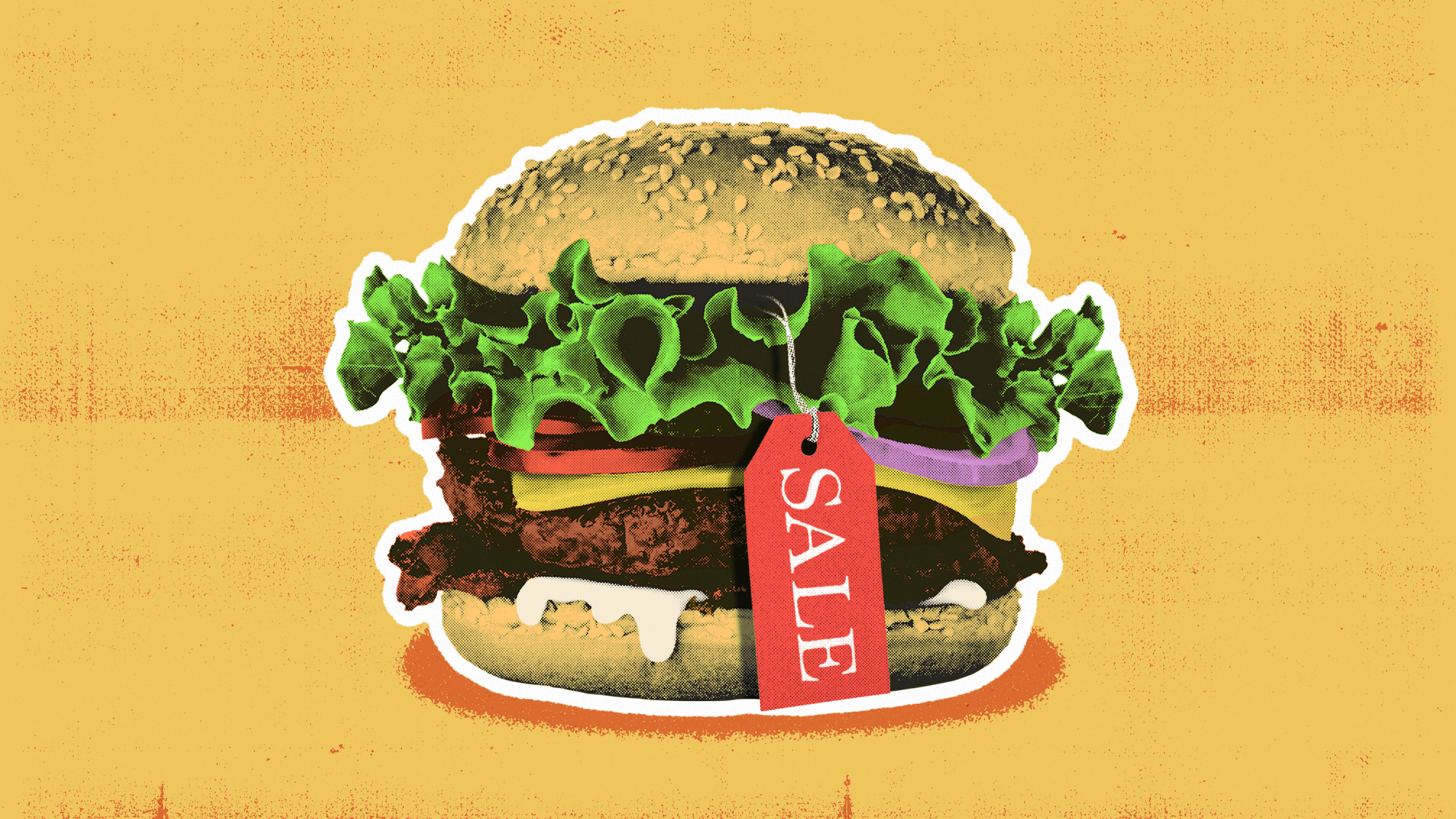 The big deal: Why are fast-food chains suddenly offering discounts?
The big deal: Why are fast-food chains suddenly offering discounts?Today's Big Question After inflation and price hikes, a need to bring customers back
-
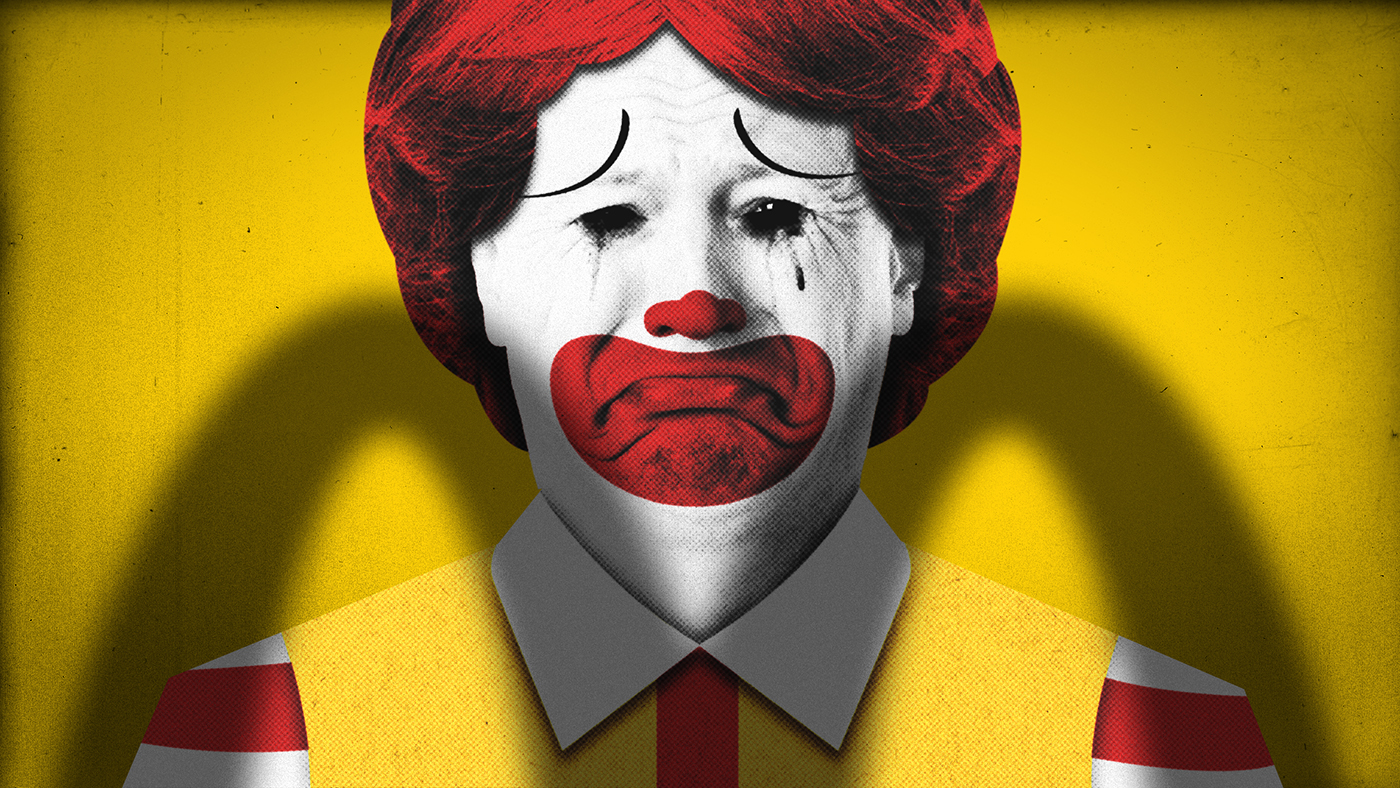 What’s happening at McDonald’s?
What’s happening at McDonald’s?Under the Radar Fast-food chain closed US offices and told staff to work from home while it announces job cuts
-
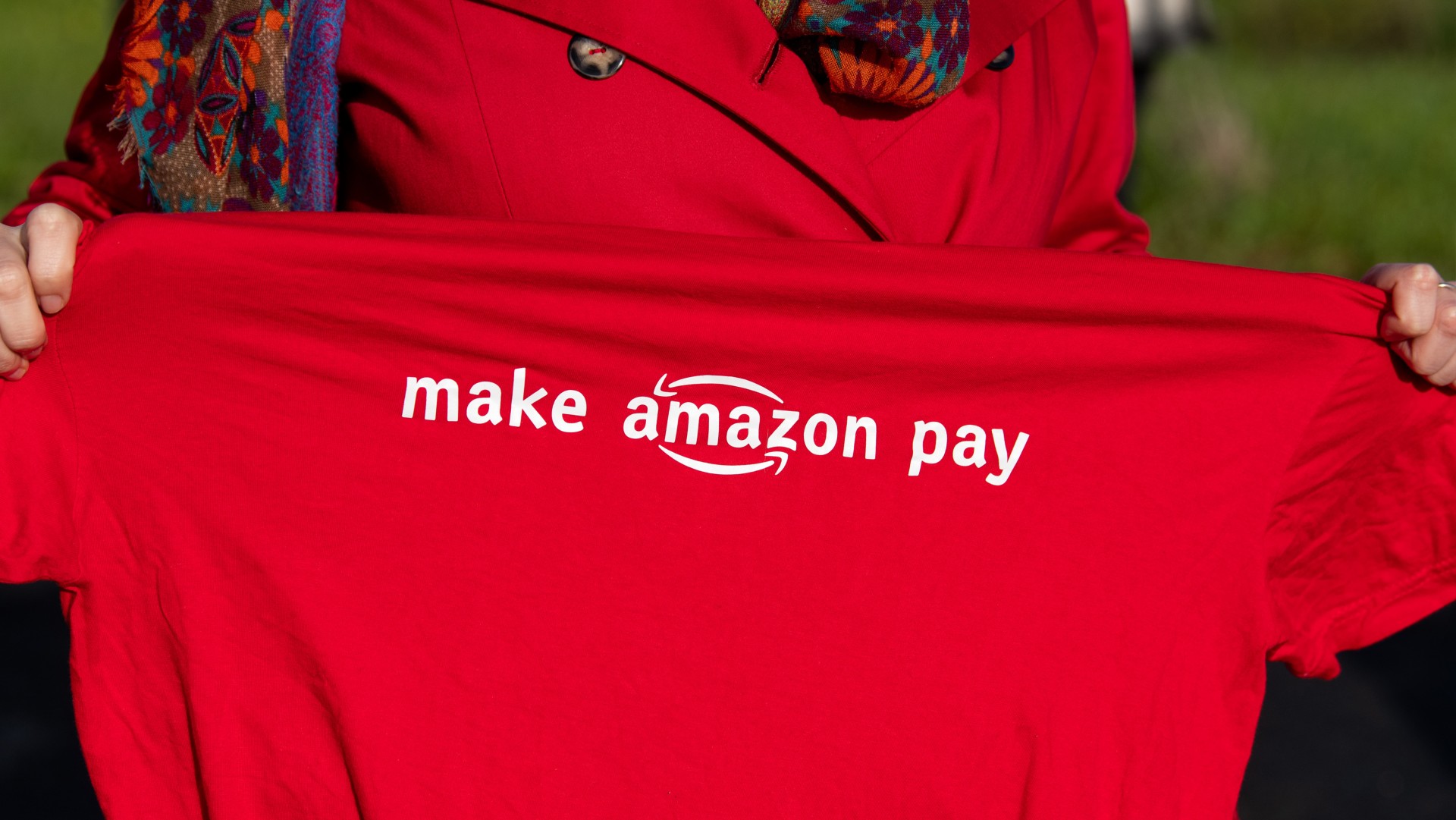 How Amazon’s first UK strike could be a sign of things to come
How Amazon’s first UK strike could be a sign of things to comefeature Big Tech is facing increasing pressure from unions as cost-of-living crisis fuels nationwide unrest
-
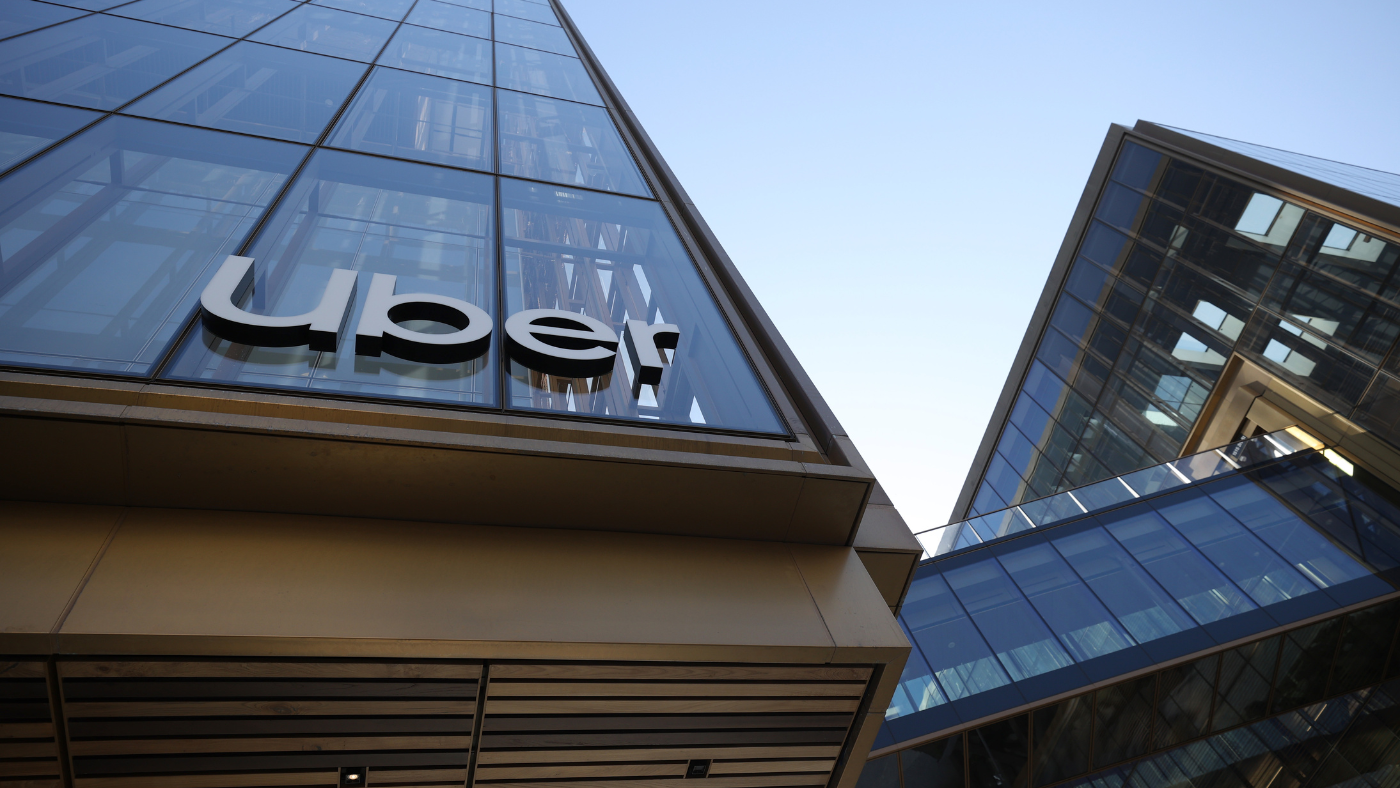 Uber files: what ‘unprecedented leak’ revealed
Uber files: what ‘unprecedented leak’ revealedSpeed Read Investigation exposes extent of government lobbying by Silicon Valley start-up between 2013 and 2017
-
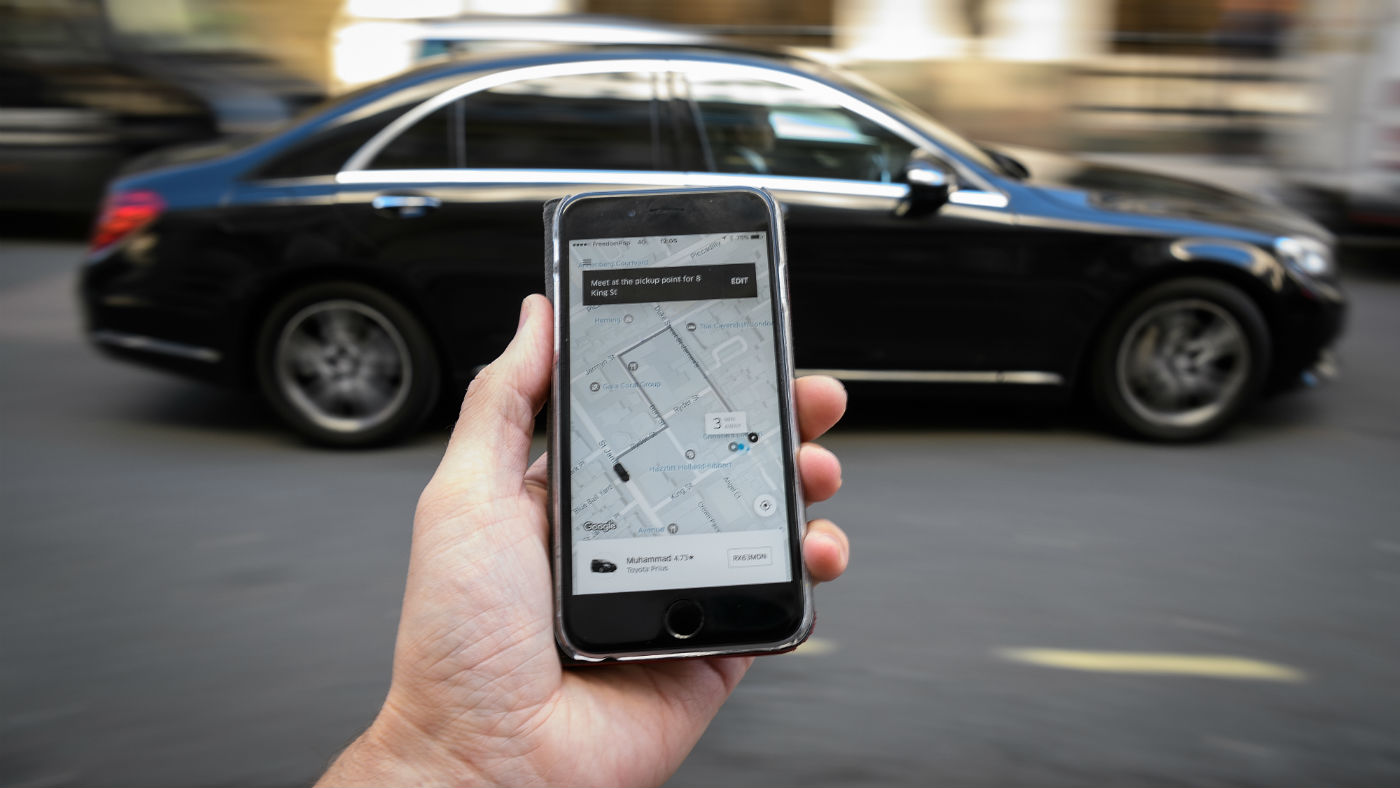 Uber vehicle fleet to be fully electric by 2040
Uber vehicle fleet to be fully electric by 2040Speed Read Ride-hailing company is setting 2030 target for UK in new plan to tackle climate crisis
-
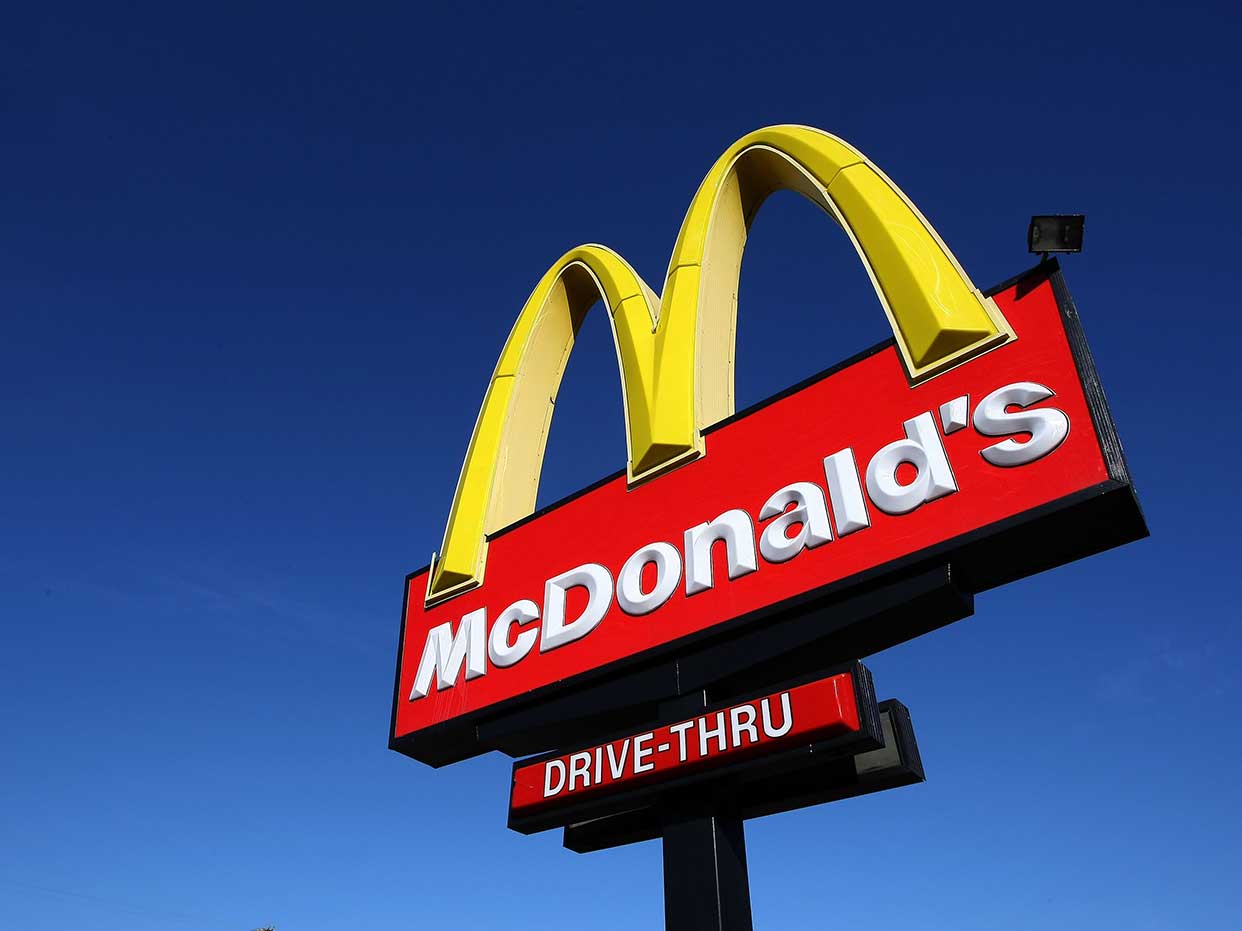 Why Peru’s McDonald’s have closed their doors
Why Peru’s McDonald’s have closed their doorsSpeed Read The deaths of two teenage employees has prompted protests over workplace safety
-
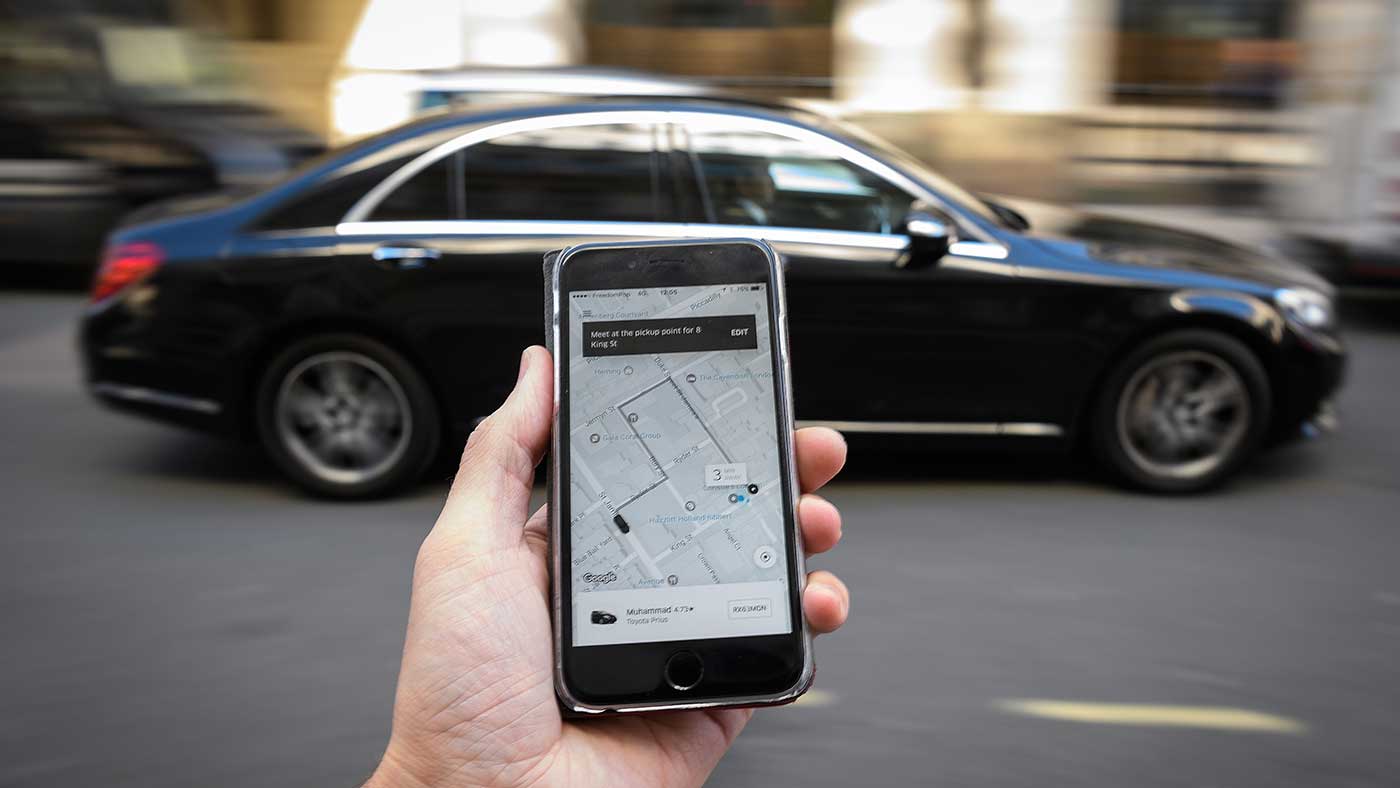 Uber’s licence renewed for two months in London
Uber’s licence renewed for two months in LondonSpeed Read Ride-hailing app lost its bid to reinstate its full operating licence in the capital